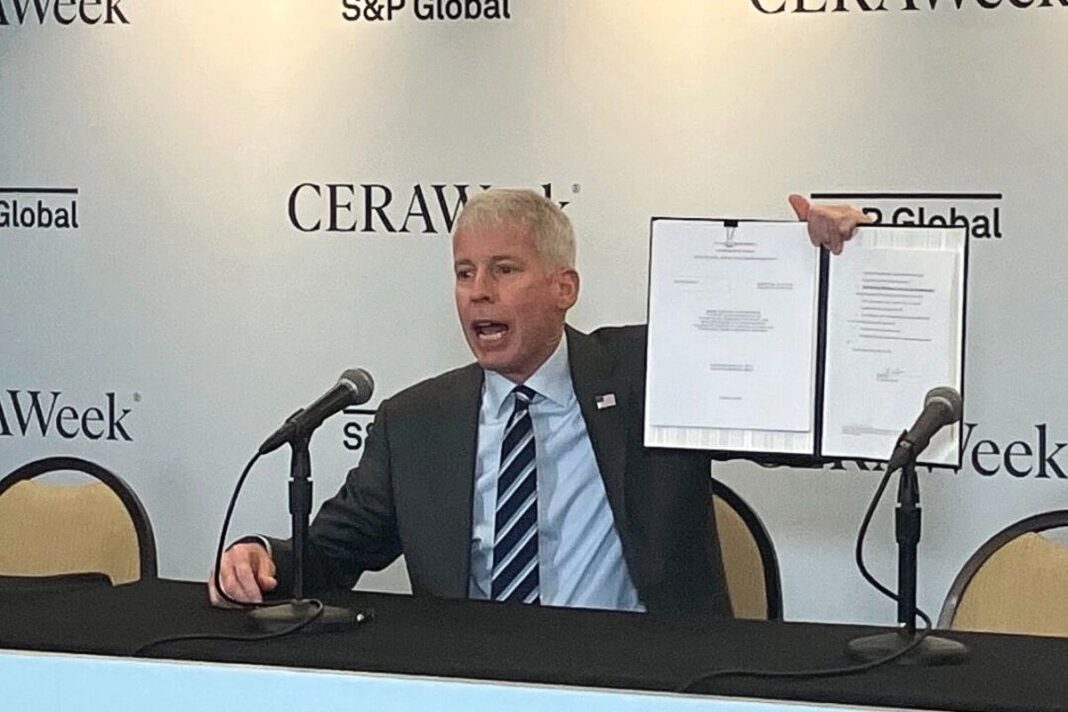Two prisoners argue they would have been entitled to shorter sentences if the First Step Act had existed when they were tried.
The Supreme Court will consider whether prisoners sentenced before the First Step Act was enacted are entitled to have their sentences reduced to match standards established by the seven-year-old law.
The bipartisan legislation approved by Congress and signed by President Donald Trump in 2018 reformed aspects of the criminal justice system, making it easier for the courts to reduce penalties for certain offenders.
The Supreme Court granted the petitions on June 6 in Rutherford v. United States and Carter v. United States in an unsigned order. No justices dissented. The court did not explain its decision.
The two men who brought these appeals argue that individuals who are sentenced nowadays face mandatory minimum imprisonment terms of shorter durations than they would have been given before the First Step Act took effect. Mandatory minimum sentencing laws take away judges’ discretionary authority and require specific minimum periods of incarceration for certain crimes.
Convicted before the enactment of the First Step Act, the prisoners applied under a federal compassionate release statute for sentence reductions after the First Step Act took effect. Courts denied their requests.
The compassionate release statute allows a court to scale back a sentence if it determines there are “extraordinary and compelling reasons” justifying relief, according to a summary of petitioner Daniel Rutherford’s petition filed with the Supreme Court.
Section 994 of 28 U.S. Code states that rehabilitation of a prisoner by itself may not count as an “extraordinary and compelling” reason. That statute also says an “extraordinary and compelling” reason also has to be consistent with policy statements issued by the U.S. Sentencing Commission, the summary said.
Sections 401 and 403 of the First Step Act provided reduced penalties going forward for certain firearm and drug offenses.
“Because of these changes, individuals sentenced today for these offenses often face mandatory minimum terms of imprisonment decades shorter than they would have received before the First Step Act,” the summary states.
The Supreme Court has agreed to consider whether federal district courts may consider the disparities in sentences created by the First Step Act if “extraordinary and compelling reasons” justify a sentence reduction under the compassionate release statute. Six federal courts of appeals allow federal district courts to factor in the disparities, while four courts of appeals do not, the summary said.







